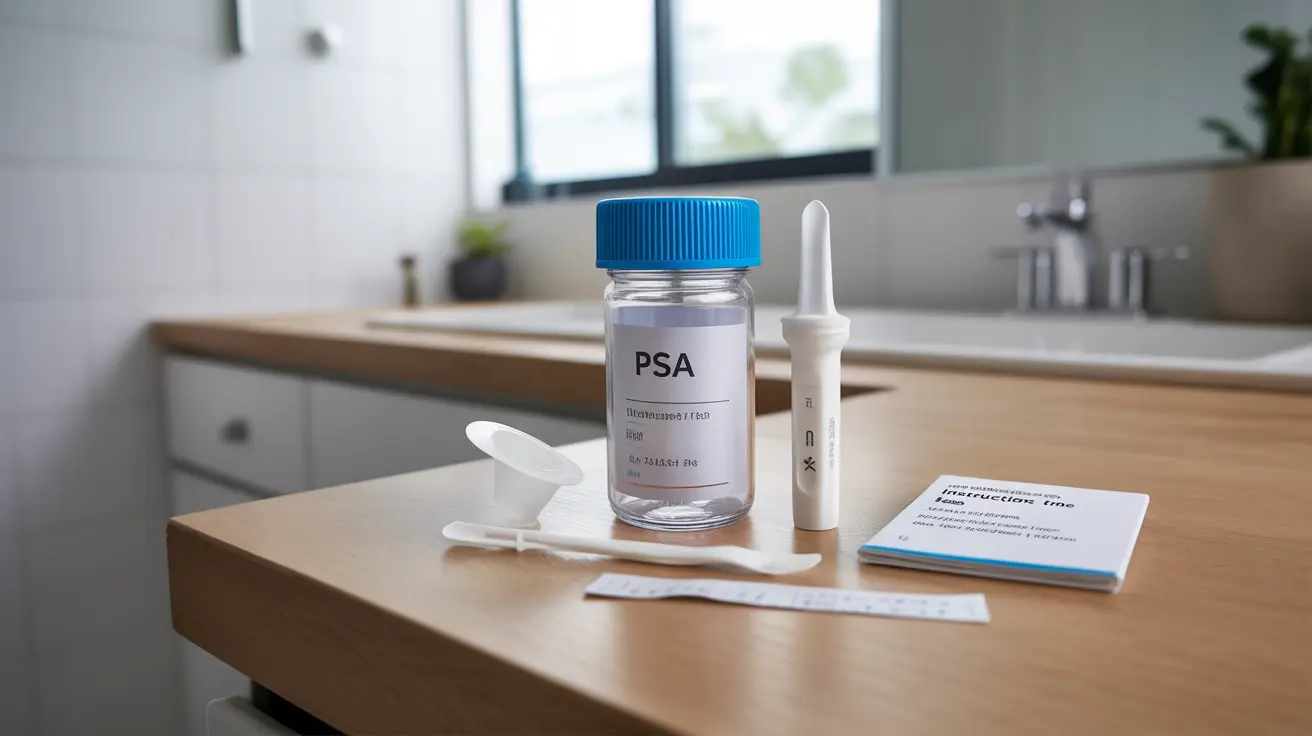In the world of sugar alternatives, stevia has gained significant popularity as a natural, zero-calorie sweetener. However, as with many food additives, questions arise about its effects on our bodies, particularly regarding hunger and appetite. This article delves into the relationship between stevia consumption and hunger, exploring its potential benefits and drawbacks as a sugar substitute.
Understanding how stevia affects hunger is crucial for those looking to manage their weight, control blood sugar levels, or simply reduce their sugar intake. Let's examine the latest research and expert insights to determine whether stevia is a friend or foe in your dietary journey.
The Science Behind Stevia and Appetite
Contrary to concerns about artificial sweeteners increasing hunger, recent studies suggest that stevia may not have this effect. In fact, some research indicates that stevia could potentially help with appetite control.
A study published in the journal "Nutrients" found that participants who consumed stevia before meals did not experience increased hunger or food intake compared to those who consumed sugar or water. This suggests that stevia may be a viable option for those looking to reduce calorie intake without stimulating appetite.
How Stevia Affects Blood Sugar Levels
One of the key factors in hunger regulation is blood sugar control. Stevia has been shown to have a minimal impact on blood glucose levels, which may contribute to its neutral effect on appetite.
Unlike sugar, which can cause rapid spikes and crashes in blood sugar levels—often leading to increased hunger—stevia does not trigger this response. This stability in blood sugar levels may help prevent sudden cravings and overeating.
Comparing Stevia to Other Non-Sugar Sweeteners
When considering stevia as a sugar alternative, it's helpful to compare its effects to those of other non-sugar sweeteners. While research is ongoing, stevia generally fares well in these comparisons.
Artificial Sweeteners vs. Stevia
Some artificial sweeteners have been associated with increased appetite and potential negative effects on gut bacteria. Stevia, being a natural extract, appears to have fewer of these concerns. However, it's important to note that individual responses can vary, and more long-term studies are needed to fully understand the effects of different sweeteners on hunger and overall health.
Stevia and Weight Management
For those looking to manage their weight, stevia presents an interesting option. By providing sweetness without calories, it allows individuals to satisfy their sweet tooth while potentially reducing overall calorie intake.
However, it's crucial to remember that weight management involves more than just calorie counting. A balanced diet, regular exercise, and healthy lifestyle habits are all important factors in maintaining a healthy weight.
Long-Term Safety and Use
Current research suggests that stevia is safe for long-term use when consumed in moderate amounts. The FDA has approved several stevia-based sweeteners as "Generally Recognized as Safe" (GRAS). However, as with any dietary change, it's always wise to consult with a healthcare professional, especially if you have underlying health conditions.
Potential Risks and Side Effects of Stevia
While stevia is generally considered safe, some individuals may experience side effects. These can include:
- Digestive issues in some people
- Potential interactions with certain medications
- Allergic reactions (rare, but possible)
It's important to listen to your body and discontinue use if you experience any adverse effects. Additionally, be aware that some stevia products may contain other additives or fillers, which could have their own effects on hunger or health.
Stevia for Diabetes Management
For individuals with diabetes or those at risk of developing the condition, stevia offers a promising alternative to sugar. Its minimal impact on blood glucose levels makes it an attractive option for blood sugar management.
However, it's crucial for people with diabetes to work closely with their healthcare providers when making changes to their diet, including the introduction of new sweeteners like stevia.
Frequently Asked Questions
- Does stevia increase hunger or appetite in people who consume it regularly?
Current research suggests that stevia does not increase hunger or appetite in regular consumers. In fact, some studies indicate that it may have a neutral or even slightly suppressive effect on appetite.
- How does stevia compare to other non-sugar sweeteners in terms of health benefits and potential side effects?
Stevia is generally considered to have fewer side effects compared to some artificial sweeteners. It's natural, calorie-free, and doesn't appear to negatively impact gut bacteria or blood sugar levels. However, individual responses can vary, and more long-term studies are needed for a comprehensive comparison.
- Can stevia help with weight management, and is it safe for long-term use?
Stevia may aid in weight management by providing sweetness without calories, potentially helping to reduce overall calorie intake. Current evidence suggests it's safe for long-term use when consumed in moderation, but as with any dietary change, it's best to consult with a healthcare professional.
- What are the potential risks or side effects of consuming stevia as a sugar substitute?
While generally safe, some individuals may experience digestive issues or allergic reactions to stevia. It may also interact with certain medications. Most people can consume stevia without problems, but it's important to be aware of any personal sensitivities or reactions.
- Is stevia a good alternative to sugar for people with diabetes or those trying to manage blood glucose levels?
Stevia is often considered a good alternative for people with diabetes due to its minimal impact on blood glucose levels. However, individuals with diabetes should consult their healthcare provider before making significant changes to their diet or sweetener use.
In conclusion, while stevia doesn't appear to increase hunger, its effects can vary among individuals. As with any dietary change, moderation and personal awareness are key. Stevia offers a promising alternative for those looking to reduce sugar intake without sacrificing sweetness, but it should be part of an overall balanced and healthy diet.




